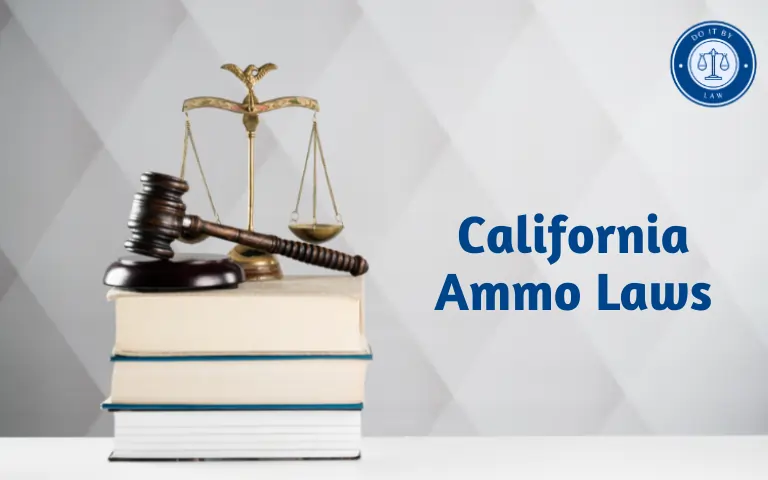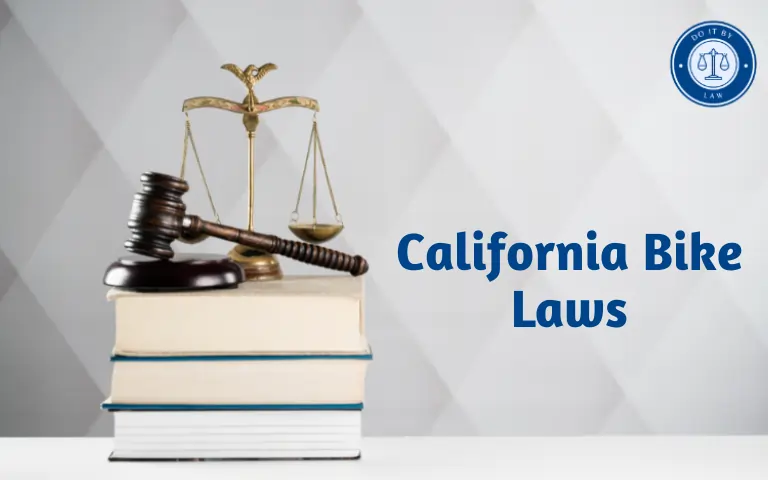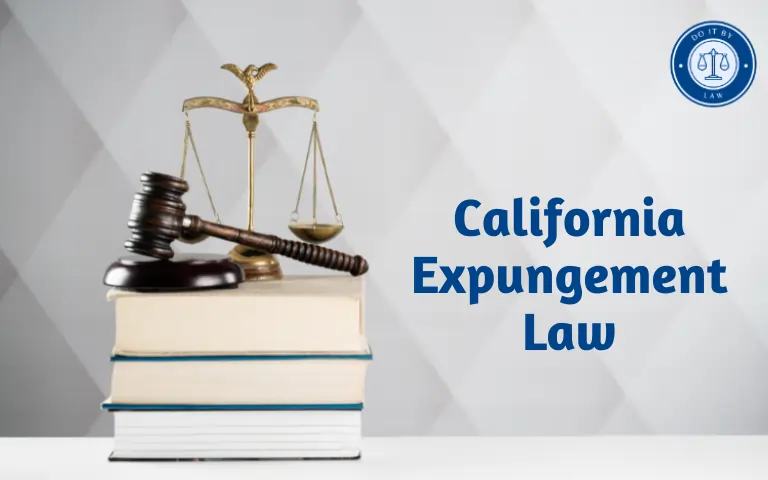California Debt Collection Laws: What You Need to Know
When facing debt collectors, California consumers have significant rights and protections under state and federal law. This guide summarizes the key rules, recent changes, and what you need to know to level the playing field. Grab some coffee and get ready to become a California Debt Collection Laws wiz!
When Were California Debt Collection Laws Established?
California State began regulating the debt collection industry in the late 1960s. The state legislature passed the Rosenthal Fair Debt Collection Practices Act in 1977 to protect consumers from harassment and deceitful collection tactics. This law created specific guidelines collectors must follow and gave consumers recourse when violations occur.
The FDCPA or Fair Debt Collection Practices Act was passed by Congress in 1977 as well. This established federal limits on collection calls, notices, and communications. The Consumer Financial Protection Bureau now enforces these federal debt collection rules. California laws often exceed federal requirements, giving consumers added protection.
Who Does California Debt Collection Law Apply To?
California debt collection laws apply to:
- Debt collectors operating in California, even if based elsewhere
- Creditors collect their debts using an alternate business name
- Debt buyers purchasing delinquent accounts
- Collection attorneys engaged in debt collection activities
- Anyone attempting to collect consumer debts from California residents
The laws protect California consumers – individuals who took out personal, family, or household loans like credit cards, medical debts, student loans, auto loans, home loans, and more. Commercial debts are not covered by California’s consumer protection laws.
Key Provisions of California Debt Collection Law
The Rosenthal Act prohibits a wide range of specific debt collection actions, including:
- Calling before 8 AM or after 9 PM
- Calling after requesting no further contact
- Threatening violence or harm
- Using profane or obscene language
- Calling the consumer’s workplace after instructions to stop
- Falsely implying legal action will be taken
- Misrepresenting the amount owed
- Simulating court documents like summonses or subpoenas
- Collecting unauthorized interest, fees, or expenses
- Depositing a post-dated check early
- Contacting consumers represented by an attorney
Collectors are also barred from harassing, oppressing, or abusing any person by:
- Using threats or coercion
- Publishing shame lists
- Calling repeatedly to annoy the consumer
- Placing calls without disclosing their identity
In addition, collectors must provide:
- A written validation notice with detailed account information within 5 days of first contacting the consumer
- Regular account statements during collection activities
- Written notice before any credit reporting
Recent Changes to California Debt Collection Laws
California has frequently updated and expanded consumer debt collection protections:
- In 2018, the Fair Debt Buying Practices Act began regulating debt buyers.
- The Debt Collection Licensing Act in 2020 required the licensure of many collectors.
- Statutes of limitations on lawsuits for debt were reduced in recent years.
- Interest rate caps were added for judgments arising from consumer debt lawsuits.
- Medical debt collection at hospitals was reformed beginning in 2022.
- Protection for military members was strengthened in 2021.
- Exemption amounts shielded from collectors in bank accounts were increased in 2020.
Controversies Around California Debt Collection Laws
Aspects of California debt collection laws generating frequent complaints and challenges include:
- Vague definitions of prohibited harassment and abuse
- Allowing continued auto-dialed robocalls to cell phones
- Perceived barriers to filing lawsuits over small debts
- Arguments that interest rate caps harm credit access
- Collector claims that short statutes of limitation prevent fair recovery
- Debtor allegations collectors misrepresent legal options
- Whether medical debts should receive special protections
- If student loan debts qualify as consumer debt
Navigating California’s complex consumer protections against unscrupulous collectors can be daunting. But a few simple steps can help you take control:
- Learn your rights and record all collection interactions
- Dispute debts promptly and request written validation
- Seek legal assistance if you feel harassed or receive threats
- Consider representing yourself in debt lawsuits and study up on winning defense strategies
- Turn the tables on shady collectors by suing them when they violate the law!
Knowledge is power when squaring off against debt collectors in California. With preparation and persistence, you can gain the upper hand. The law is on your side – use it!







